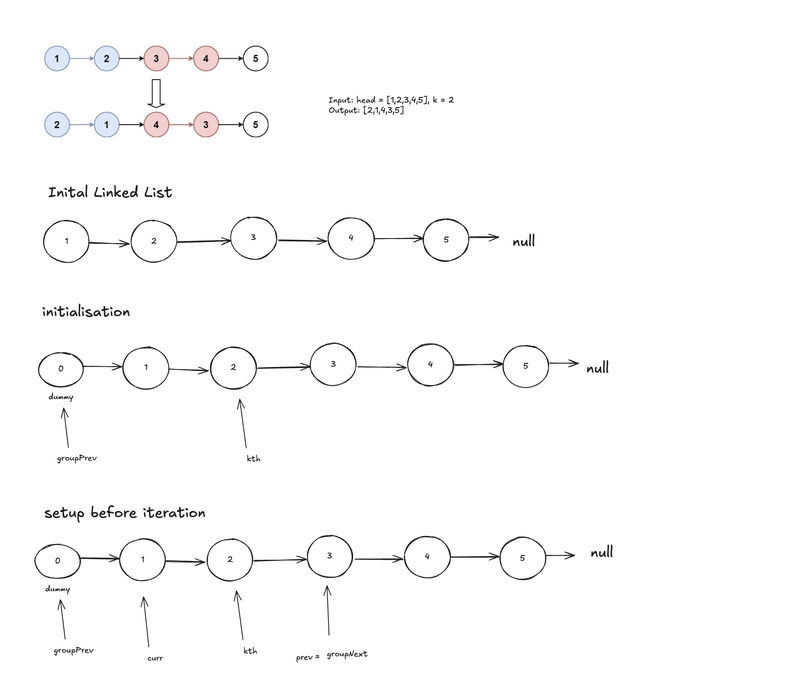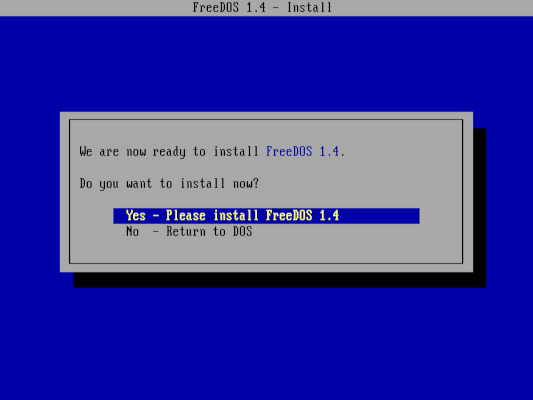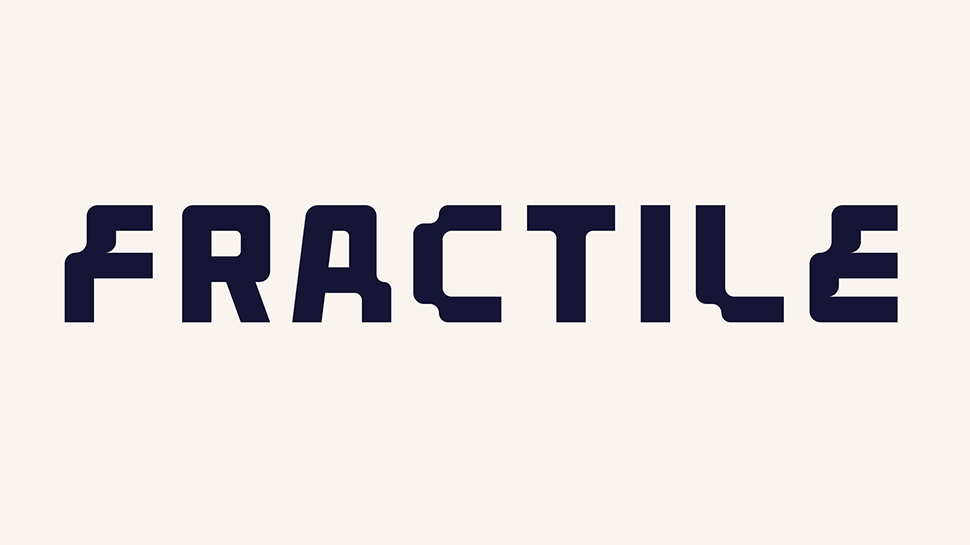Generics are one of the most powerful features in TypeScript, enabling developers to write flexible and reusable code. They allow you to create functions, interfaces, and classes that work with various data types while maintaining type safety. Let's explore TypeScript Generics with some practical examples. What are Generics? Generics provide a way to make your components work with multiple types rather than a single one. They help maintain strong typing while keeping your code flexible and reusable. Basic Example of Generics function identity(arg: T): T { return arg; } let output1 = identity("Hello World"); // type string let output2 = identity(42); // type number Using Generics with Arrays Generics can also be used to create flexible functions that handle arrays of any type: function getArray(items: T[]): T[] { return new Array().concat(items); } let numArray = getArray([1, 2, 3]); let strArray = getArray(["a", "b", "c"]); Generics with Interfaces Interfaces become even more powerful when combined with generics: interface KeyValuePair { key: K; value: V; } let pair1: KeyValuePair = { key: 1, value: "One" }; let pair2: KeyValuePair = { key: "isAdmin", value: true }; Generic Classes Generic classes can handle various types and improve reusability significantly: class GenericStorage { private storage: T[] = []; addItem(item: T): void { this.storage.push(item); } getItems(): T[] { return [...this.storage]; } } const numberStorage = new GenericStorage(); numberStorage.addItem(1); numberStorage.addItem(2); const items = numberStorage.getItems(); // [1, 2] Constraints in Generics Sometimes, you need generics to be limited to specific types using constraints: interface Lengthwise { length: number; } function logLength(arg: T): void { console.log(arg.length); } logLength("Hello"); // Works fine logLength([1, 2, 3]); // Also works fine // logLength(10); // Error: number doesn't have a length property Conclusion Generics provide incredible flexibility, allowing TypeScript developers to build scalable, type-safe, and reusable components. Embracing generics helps you write cleaner, safer, and more maintainable code. Have you used generics in your projects? What are your favorite use cases? Let's share and learn together in the comments!

Generics are one of the most powerful features in TypeScript, enabling developers to write flexible and reusable code. They allow you to create functions, interfaces, and classes that work with various data types while maintaining type safety. Let's explore TypeScript Generics with some practical examples.
What are Generics?
Generics provide a way to make your components work with multiple types rather than a single one. They help maintain strong typing while keeping your code flexible and reusable.
Basic Example of Generics
function identity<T>(arg: T): T {
return arg;
}
let output1 = identity<string>("Hello World"); // type string
let output2 = identity<number>(42); // type number
Using Generics with Arrays
Generics can also be used to create flexible functions that handle arrays of any type:
function getArray<T>(items: T[]): T[] {
return new Array<T>().concat(items);
}
let numArray = getArray<number>([1, 2, 3]);
let strArray = getArray<string>(["a", "b", "c"]);
Generics with Interfaces
Interfaces become even more powerful when combined with generics:
interface KeyValuePair<K, V> {
key: K;
value: V;
}
let pair1: KeyValuePair<number, string> = { key: 1, value: "One" };
let pair2: KeyValuePair<string, boolean> = { key: "isAdmin", value: true };
Generic Classes
Generic classes can handle various types and improve reusability significantly:
class GenericStorage<T> {
private storage: T[] = [];
addItem(item: T): void {
this.storage.push(item);
}
getItems(): T[] {
return [...this.storage];
}
}
const numberStorage = new GenericStorage<number>();
numberStorage.addItem(1);
numberStorage.addItem(2);
const items = numberStorage.getItems(); // [1, 2]
Constraints in Generics
Sometimes, you need generics to be limited to specific types using constraints:
interface Lengthwise {
length: number;
}
function logLength<T extends Lengthwise>(arg: T): void {
console.log(arg.length);
}
logLength("Hello"); // Works fine
logLength([1, 2, 3]); // Also works fine
// logLength(10); // Error: number doesn't have a length property
Conclusion
Generics provide incredible flexibility, allowing TypeScript developers to build scalable, type-safe, and reusable components. Embracing generics helps you write cleaner, safer, and more maintainable code.
Have you used generics in your projects? What are your favorite use cases? Let's share and learn together in the comments!






































































































































































![[The AI Show Episode 143]: ChatGPT Revenue Surge, New AGI Timelines, Amazon’s AI Agent, Claude for Education, Model Context Protocol & LLMs Pass the Turing Test](https://www.marketingaiinstitute.com/hubfs/ep%20143%20cover.png)


































































































































![From drop-out to software architect with Jason Lengstorf [Podcast #167]](https://cdn.hashnode.com/res/hashnode/image/upload/v1743796461357/f3d19cd7-e6f5-4d7c-8bfc-eb974bc8da68.png?#)










































































































.jpg?#)




























_ArtemisDiana_Alamy.jpg?#)



 (1).webp?#)
























































































![Yes, the Gemini icon is now bigger and brighter on Android [U]](https://i0.wp.com/9to5google.com/wp-content/uploads/sites/4/2025/02/Gemini-on-Galaxy-S25.jpg?resize=1200%2C628&quality=82&strip=all&ssl=1)










![Apple Vision Pro 2 Allegedly in Production Ahead of 2025 Launch [Rumor]](https://www.iclarified.com/images/news/96965/96965/96965-640.jpg)


![New iOS 19 Leak Allegedly Reveals Updated Icons, Floating Tab Bar, More [Video]](https://www.iclarified.com/images/news/96958/96958/96958-640.jpg)


































































































































